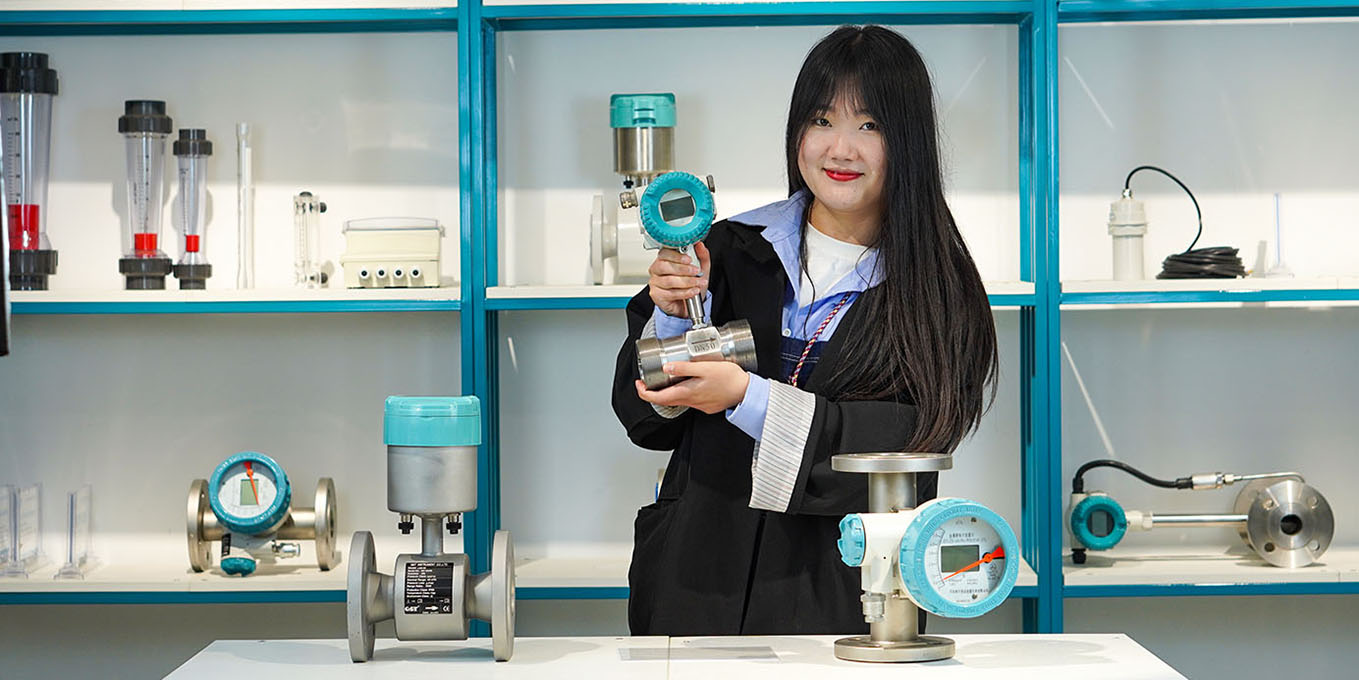1. The transmitter of the electromagnetic flowmeter has a simple structure, no moving parts, and no throttling parts that hinder the flow of fluid, so when the fluid passes through it will not cause any additional pressure loss. At the same time, it will not cause problems such as wear and blockage, and is especially suitable for measuring liquid-solid two-phase fluids such as ore slurry and sewage with solid particles, as well as various viscous slurries. Similarly, because it has no moving parts in its structure, it can be attached with a corrosion-resistant insulating lining or selected corrosion-resistant materials to make electrodes, which has good corrosion resistance and can be used for measurement of various corrosive media.
2. The electromagnetic flowmeter is a volume flow measuring instrument. During the measurement process, it is not affected by the temperature, viscosity, density and conductivity (within a certain range) of the measured medium. Therefore, the electromagnetic flowmeter only needs to pass through After water calibration, it can be used to measure the flow of other conductive liquids without additional corrections.
3. The electromagnetic flowmeter has a very wide range, and the range ratio of an electromagnetic flowmeter can reach 1:100. In addition, the electromagnetic flowmeter is only proportional to the average flow rate of the measured medium, and is proportional to the flow state under axisymmetric distribution (Laminar flow or flocculent flow) irrelevant.
4. The electromagnetic flowmeter has no mechanical inertia, and is sensitive. It can measure instantaneous pulsating flow and has good linearity. Therefore, the measurement signal can be directly converted into a standard signal output by a converter linearly, which can be indicated on the spot or transmitted over a long distance.
